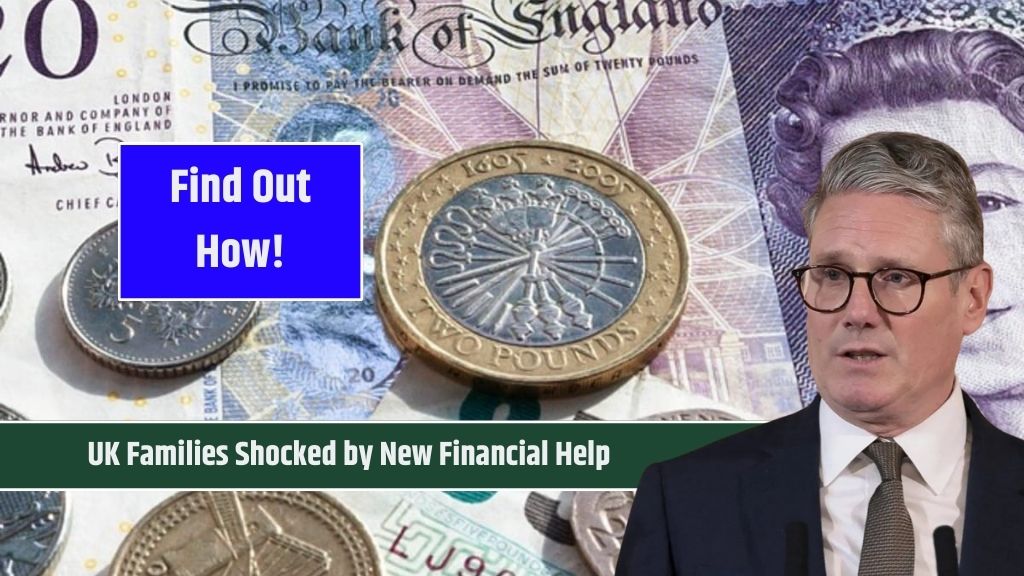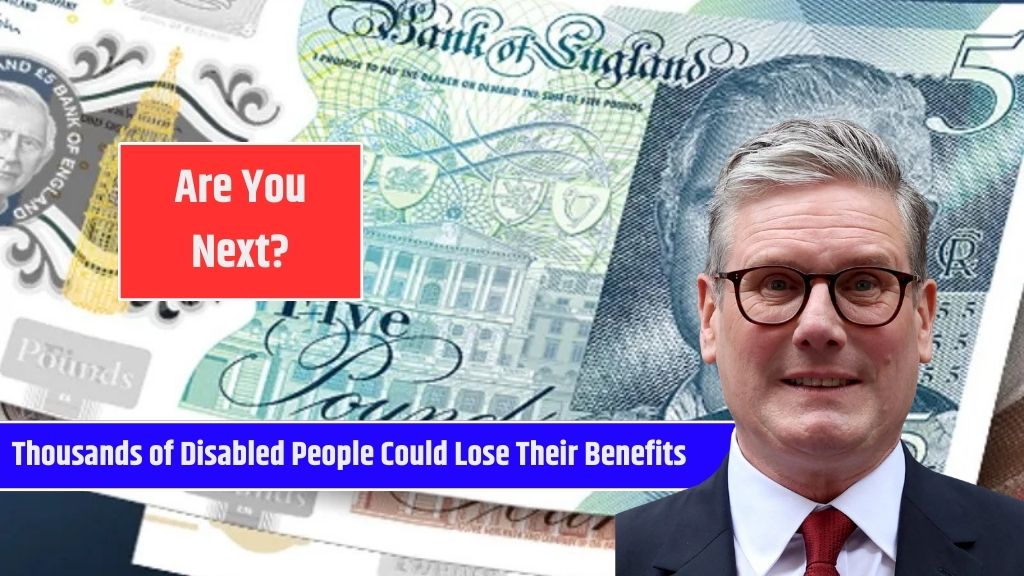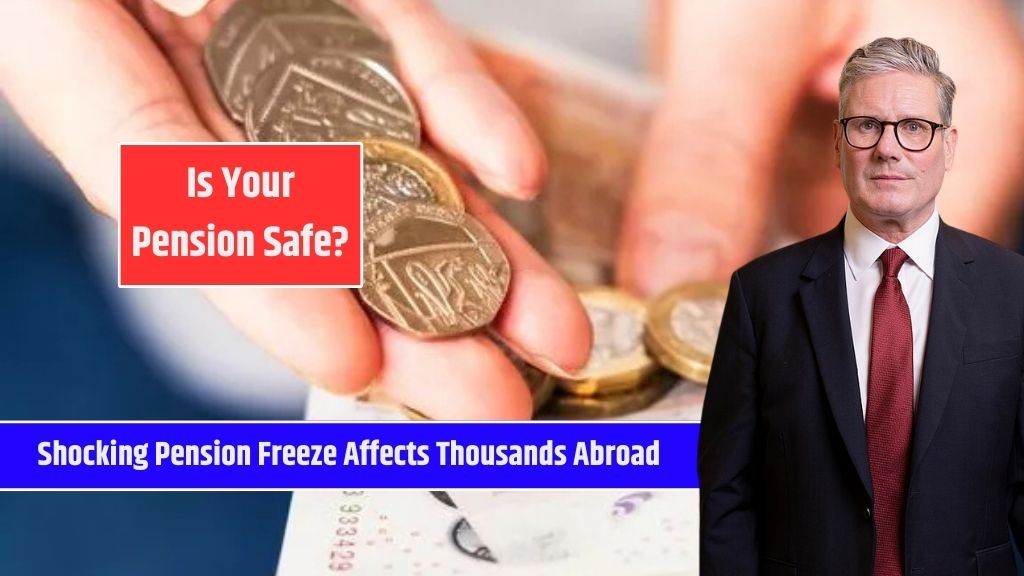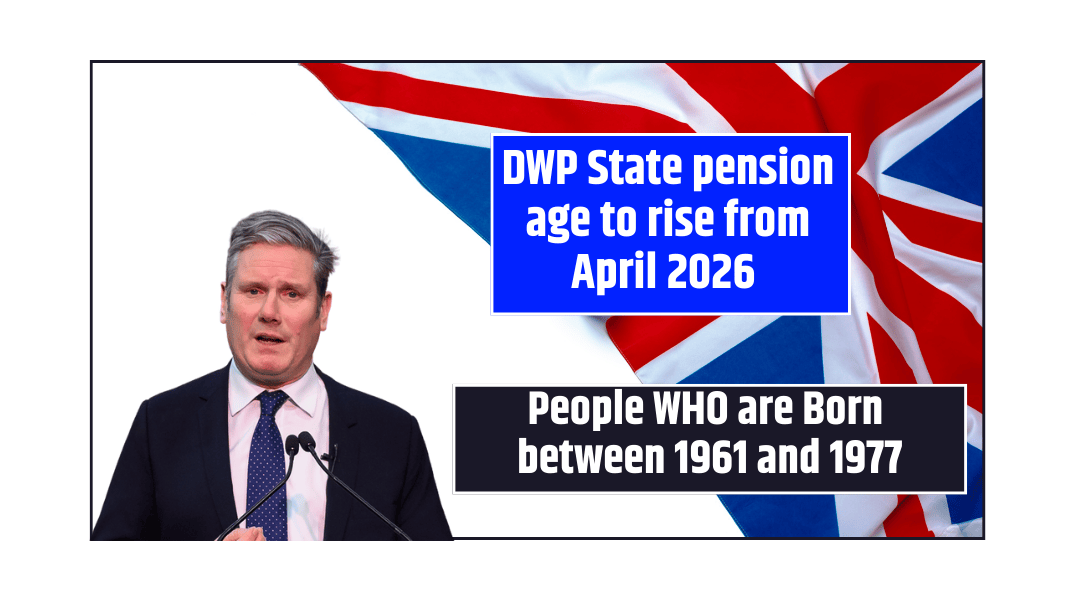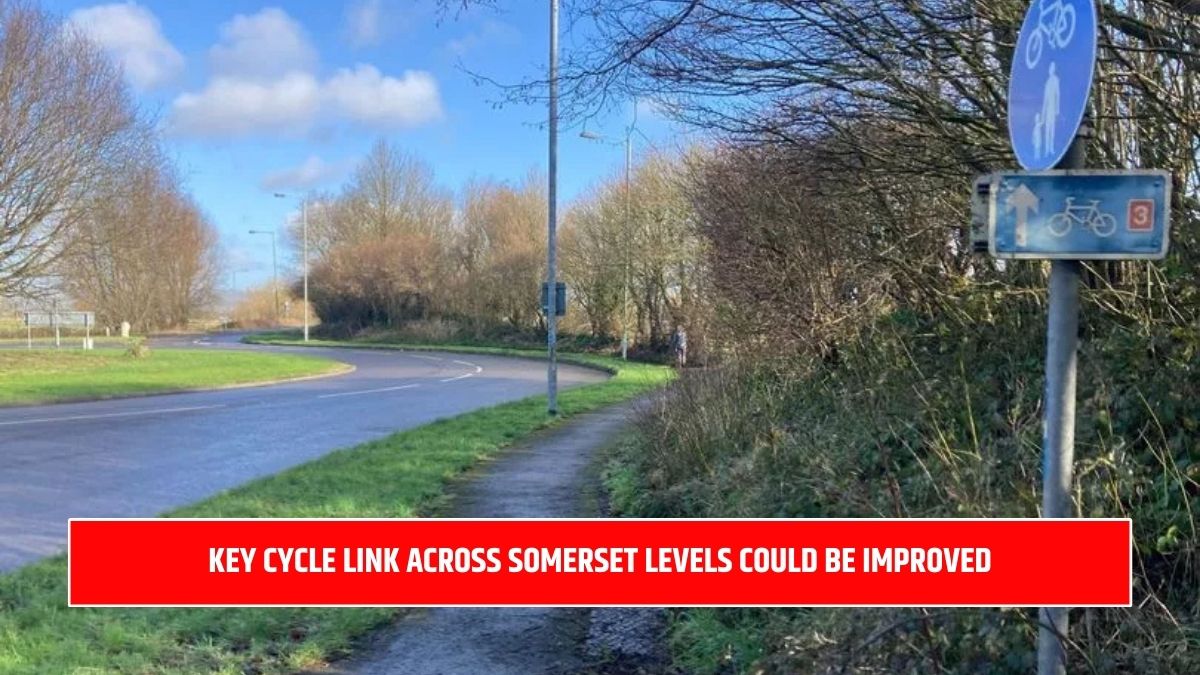DWP Financial Boost £3,000: The UK’s Department for Work and Pensions (DWP) has introduced a compensation scheme for individuals who lost out financially when transitioning to Universal Credit. This initiative aims to support those who were affected by the removal of certain disability-related benefits during the switch. Thousands of claimants could now be eligible for payouts ranging from £200 to £3,000.
Why is the DWP Offering Compensation?
When Universal Credit was introduced, many individuals receiving legacy benefits, such as Severe Disability Premium (SDP) and Enhanced Disability Premium (EDP), suffered financial losses. Before the SDP Gateway scheme was established, which now prevents such reductions, many claimants had already lost essential financial support.
Lawyers and activists have been advocating for these claimants, arguing that they were unfairly disadvantaged. The recent ruling now allows those affected to receive financial redress for their losses.
Who is Eligible for the Compensation?
The compensation primarily targets individuals who:
- Were previously receiving Severe Disability Premium (SDP) or Enhanced Disability Premium (EDP)
- Transitioned to Universal Credit before January 2019
- Experienced an income loss of around £180 per month due to the benefit changes
According to Ryan Bradshaw, a human rights lawyer at Leigh Day, around 15,000 claimants could be eligible for compensation. His legal team has already secured compensation for over 200 people, with payouts ranging from £200 to £3,000.
How This Compensation Impacts Claimants
For many, this financial support has been life-changing. One claimant shared how the compensation helped them afford better-quality meals, improving their health and well-being. The financial loss they previously faced had forced them to rely on cheap, less nutritious food.
Ryan Bradshaw, who represented 275 affected claimants, stated that many more people still need to be compensated. He emphasized that those who lost £180 per month experienced unnecessary stress and financial hardship. He called for a broader compensation scheme to ensure all affected individuals receive the support they deserve.
DWP’s Response to the Compensation Ruling
A DWP spokesperson confirmed that they have started the process of compensating affected claimants. However, there is still uncertainty about how many people will receive payouts and how quickly the compensation will be distributed.
Bradshaw urged the government to ensure similar mistakes are not repeated and to provide a fair and comprehensive compensation scheme for all impacted claimants.
What Should Affected Claimants Do Next?
If you believe you are eligible for compensation, you can:
- Check your Universal Credit transition history to see if you lost SDP or EDP.
- Contact DWP for more information about your eligibility.
- Seek legal advice from organizations like Leigh Day, which have been actively working on these claims.
The rollout of Universal Credit has had unintended consequences, particularly for disabled individuals who relied on additional financial support. The new compensation scheme is a step towards addressing these past mistakes. However, legal experts and activists continue to push for broader reforms to prevent future financial hardships for vulnerable individuals.
If you or someone you know was affected, now is the time to check eligibility and claim the compensation you may be entitled to.






